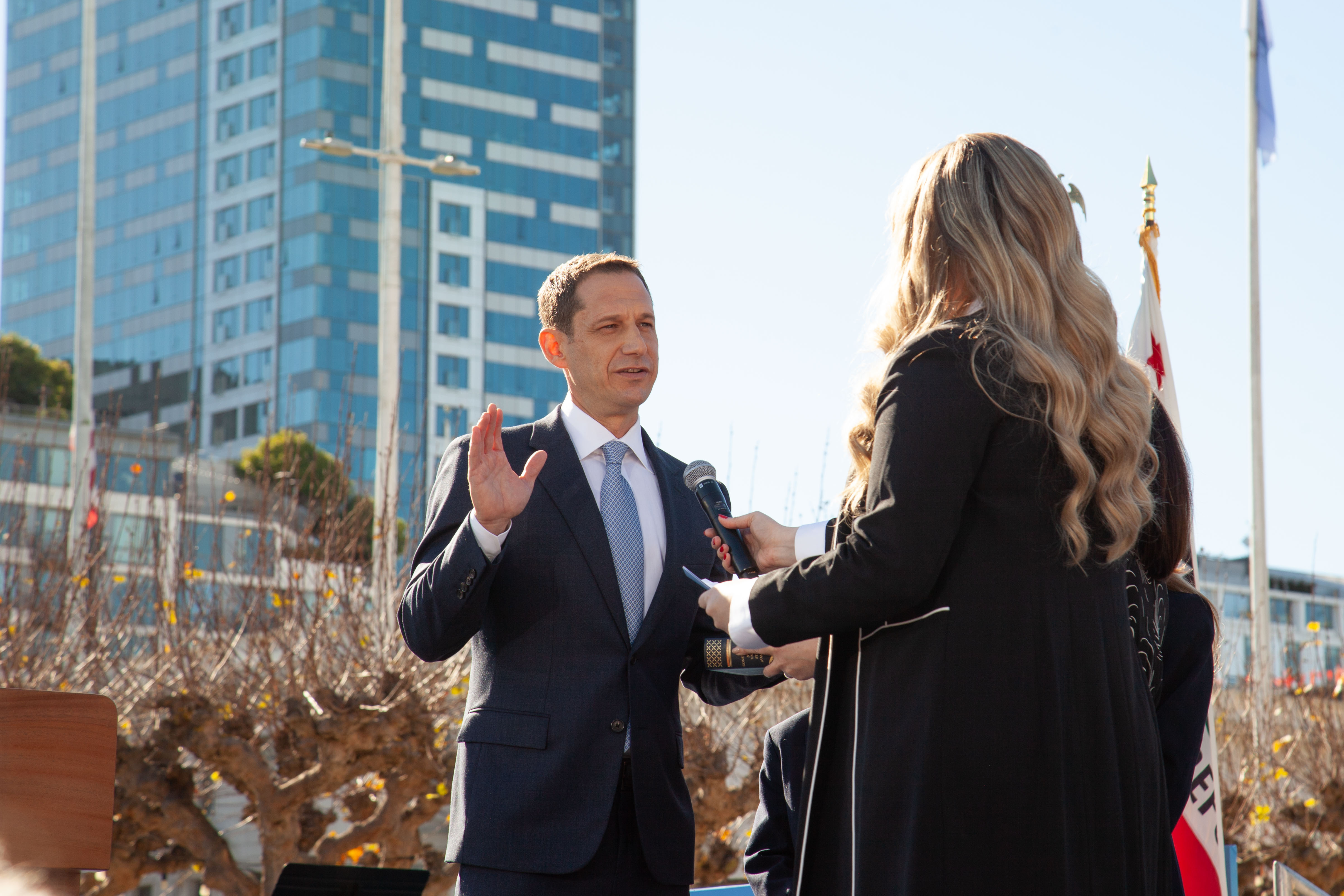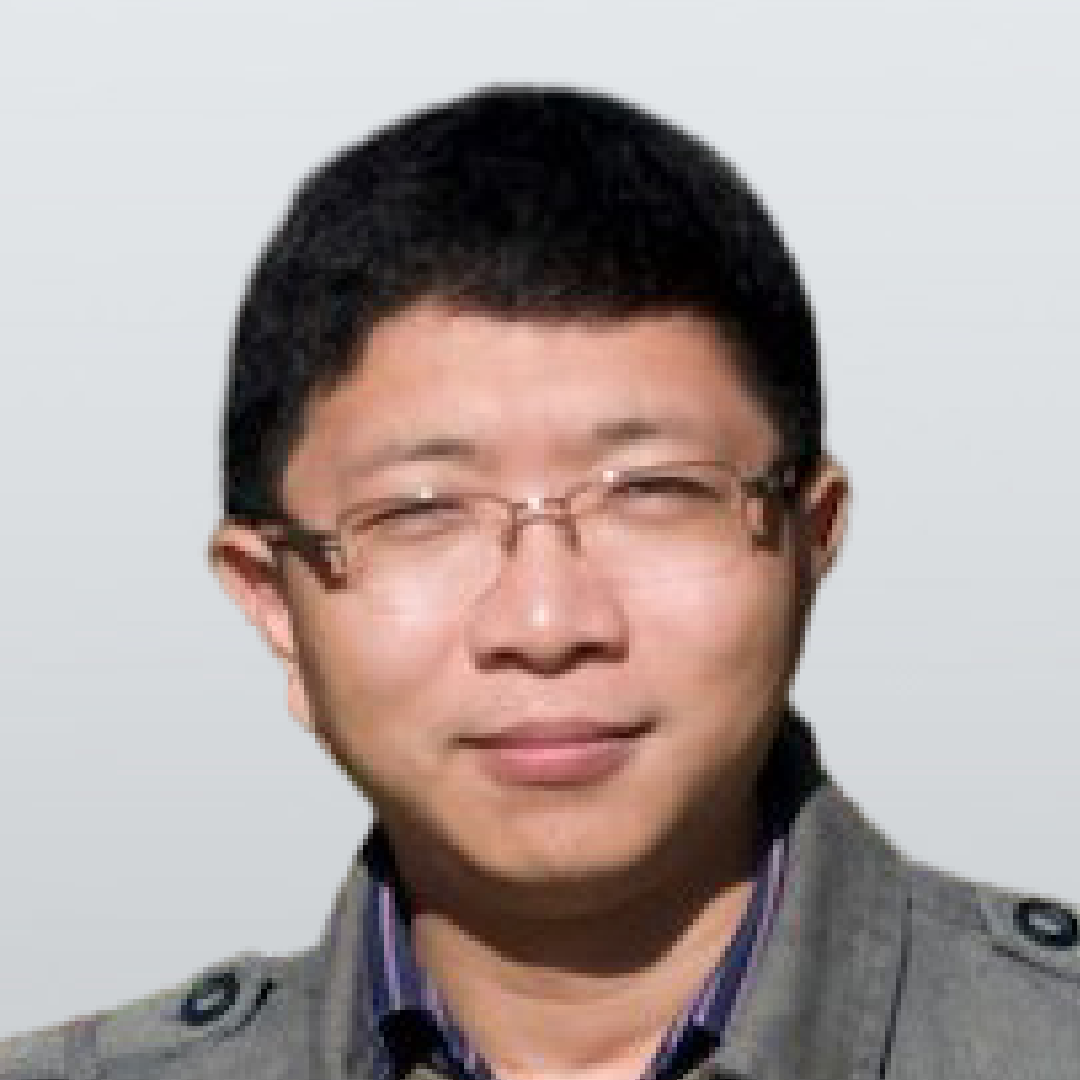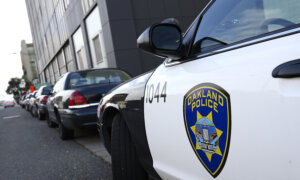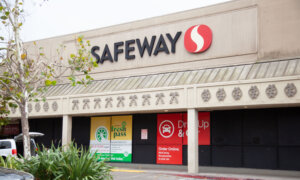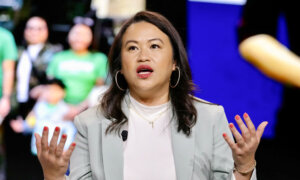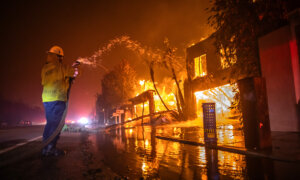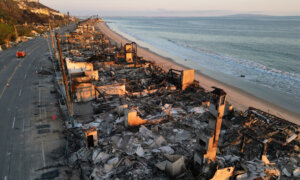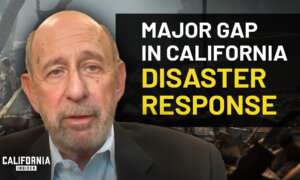SAN FRANCISCO—Daniel Lurie, non-profit founder and heir of the Levi Strauss fortune, was sworn in as the 46th Mayor of San Francisco in an event witnessed by his wife, Becca Prowda, their children, and thousands of guests on Jan. 8.
The new mayor said in his inaugural speech that he would build a new structure in his office that “allows for more accountability and more opportunities for city departments to work together effectively to solve our most pressing problems.”
Among these problems, the most prioritized ones for Lurie’s administration are the drug crisis, homelessness, and revitalization of the slow-recovering downtown.
“San Francisco has long been known for its values of tolerance and inclusion, but nothing about those values instructs us to allow nearly 8,000 people to experience homelessness in our city, widespread drug dealing, public drug use, and constantly seeing people in crisis has robbed us of our sense of decency and security,” Lurie said.
“Good intentions are not enough, strong values are not enough, we must act with an unapologetic focus on results, and create the solutions that last far beyond the tenure of this administration.”
Fentanyl Crisis
Lurie said a package of fentanyl state of emergency ordinances would be proposed before the Board of Supervisors. Such legislation would allow the San Francisco Police Department (SFPD) and the Sheriff’s Department to shift resources and personnel to bring drug dealers to justice.
The new administration will set up a drop-off center starting this spring for first responders to take people on the streets with mental health or drug addiction issues for treatment as a third way other than hospital or jail, Lurie announced.
“This will create better pathways to treatment and give police the authority to hold those who refuse help accountable,” he said.
To reduce the homeless population on the streets, Lurie said he would encourage public-private partnerships to increase 1,500 emergency shelter beds in six months.
He also plans to expand the Journey Home Program, providing increased transportation and support for those ready to reunite with loved ones or access care outside of San Francisco.
Facing Budget Shortfalls
San Francisco is projecting a budget shortfall of approximately $799 million, with a $245 million deficit in the 2025 fiscal year and $554 million in the 2026 fiscal year.
“A problem of this magnitude requires us to make some painful decisions and rethink the way that we operate,” Lurie said. “We need to prioritize essential services and make the investments that are critical to getting San Francisco up and running again.”
One of the ways to save money, he said, is to focus investment in high-performance service providers.
“Effective distribution of our resources will clear the path for San Francisco’s recovery,” Lurie said.
Better coordination between departments will be a “hallmark” of his administration to reduce costs, he said.
San Francisco currently has at least nine street teams operated by five different departments, Lurie said, “despite having made a vast investment of resources and personnel, no one thinks the current structure is working.”
He suggested the first step in streamlining the city’s crisis response is to “mandate that all departments correlate to build and maintain a single public facing street conditions dashboard.”
“You can’t build strong solutions without good data,” said the mayor.
Revitalizing Downtown
“Making our streets safer and cleaner will supercharge the revitalization of our downtown corridor,” said Lurie when announcing the launching of the SFPD Hospitality Zone Task Force.
According to Lurie, the new dedicated police unit will create a more welcoming and safe environment for workers, shoppers, and visitors in the Union Square, Market Street, and Moscone Center areas.
With such efforts, Lurie said he feels an unstoppable sense of pride and optimism, and “with that momentum, we must proactively plan for the next housing and economic boom.”
“Within our first 100 days, we will take bold action to enable more housing at all income levels and help new businesses and buildings get their permits more quickly,” he said.
DA’s Big Ask
San Francisco District Attorney Brooke Jenkins told the reporters the big ask to the new mayor is “for a more robust public health strategy that doesn’t simply embrace public drug use or people taking their own time to figure out when they want help, but instead has benchmarks that we meet as a city in getting people into treatment.”
“We can do everything that we can on the law enforcement side to deal with drug dealing,” Jenkins said, “but we have to make sure that we are getting people off of our streets who are dying into treatment, and we can’t just step over them and keep walking when they say they don’t want it.”
The state’s first lady, Jennifer Siebel Newsom, attended the ceremony while Gov. Gavin Newsom was visiting wildfire-torched Los Angeles. Other attendees include Attorney General Rob Bonta and State Senate President Pro Tem Mike McGuire.
